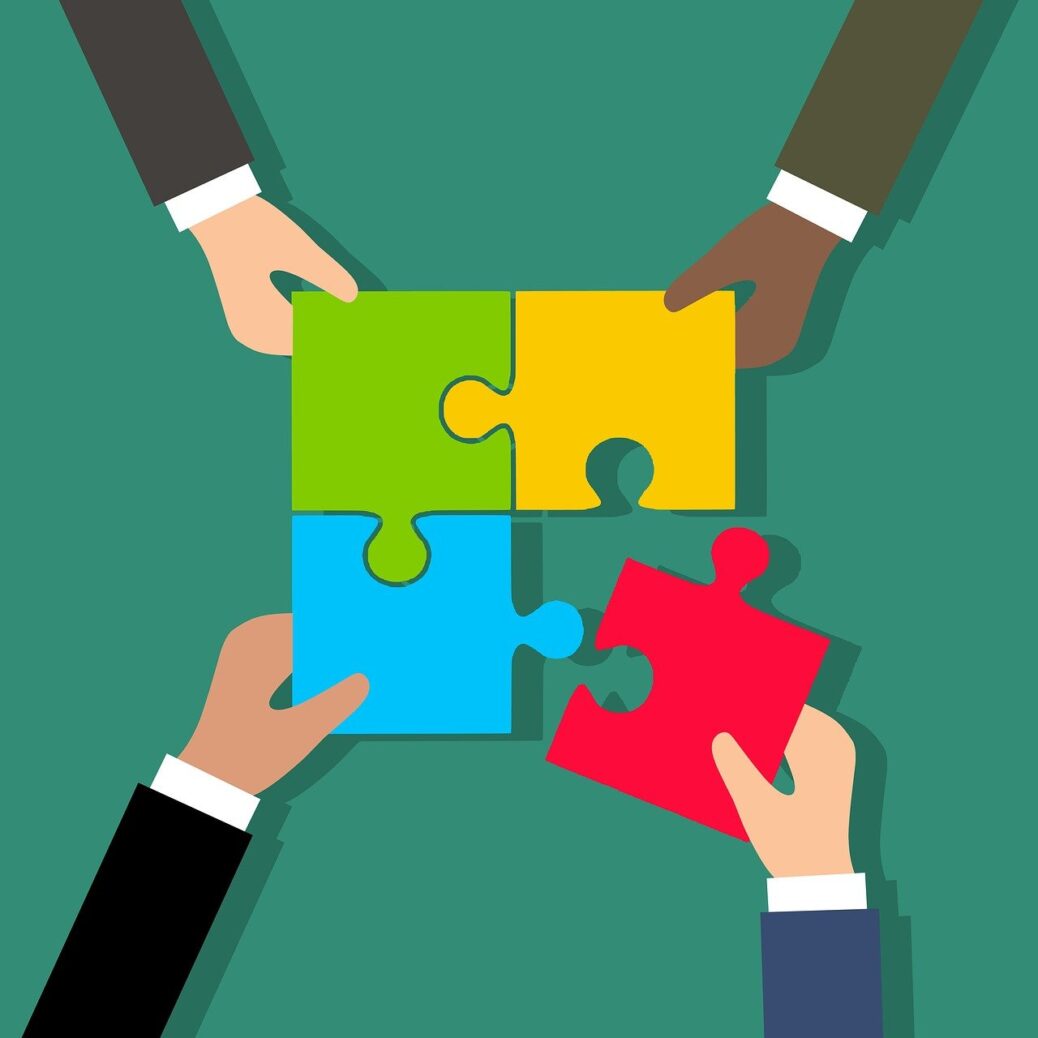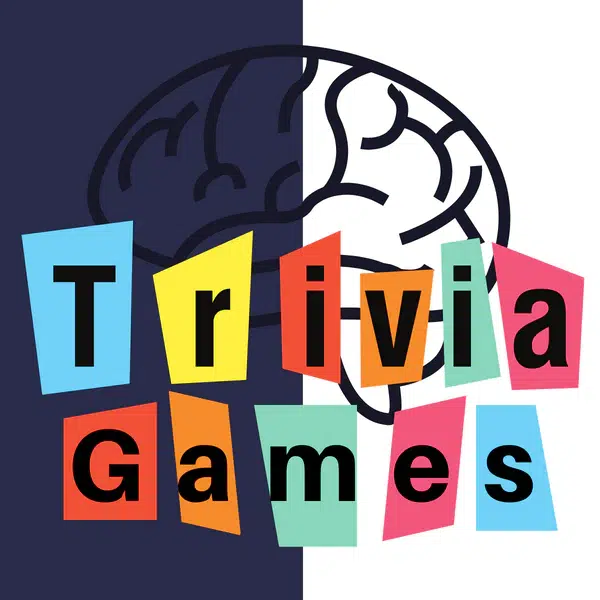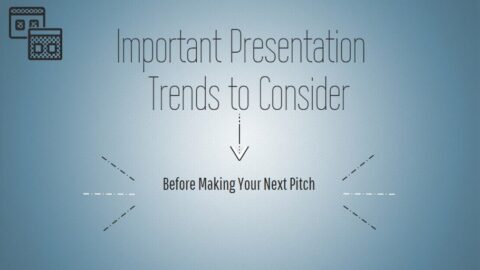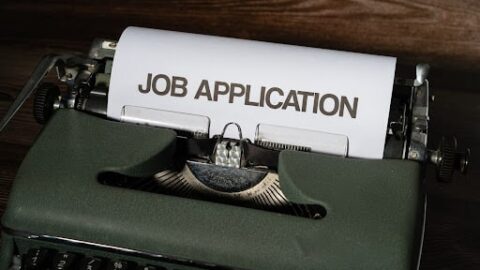Team Building Exercises that Improve Memory and Boost Confidence
The concept of team building makes you think about outdoor exercises, conference rooms, or spending time with the team at a retreat, away from the hustling and bustling at the office. But, considering the costs and planning involved, these types of exercises don’t happen that often. The good news is that you can design team building exercises that don’t require a location change. Even more, some of this team building exercise has a long lifespan, so you can help your team members learn more about each other outside of work.
Table of Contents
So, if you’re interested in learning how to design efficient team building exercises that will deliver your team members a confidence boost and maybe some memory training, make sure to check out our ideas below.
What is Team Building?
Before diving into detailed team building, explore the Tuckman’s Team Building Model in this informative video. Gain insights into forming, storming, norming, and performing stages for enhanced team dynamics.
What is an example of a team building exercise?
One example of a team building exercise is “Two Truths and a Lie.” Each team member shares two true statements and one false statement about themselves. The other team members must identify the false statement, encouraging communication, engagement, and getting to know each other on a personal level.
What are the 4 main types of team building activities?
The four main types of team building activities are communication activities (to improve team communication and collaboration), problem-solving activities (to enhance critical thinking and decision-making skills), trust-building activities (to foster trust and build strong relationships), and physical activities (to promote teamwork, coordination, and bonding through physical challenges).
Exercises for New Teams
When you put together a new team, it takes a while before the members learn to communicate with each other. Also, you can’t expect high levels of productivity right away. But there are a few exercises you can use to speed things up.
Our recommendation: Play two truths and a lie to break the ice.
This team building exercise works with groups of 3 or more people.
Each team member has to come up with two genuine facts about themselves and one false statement (the lie). The lie has to be convincing enough that the other members can’t tell right away it’s untrue.
Once one person has made their statements, the other members of the team will communicate with each other and try to identify which assertion is false. If the team can’t reach a consensus, organize a vote, and the idea with the most votes wins.
The purpose of this game isn’t to focus on the lie. On the contrary, the lie doesn’t matter. The purpose is to get team members to talk with each other in a relaxed and engaging setting. Plus, they’ll get to know each other on a more personal level.
Exercises to Improve Memory & Team Collaboration
When you’re trying to design effective team building experiences, it’s best to focus on games and exercises that enhance collaboration between members. But you shouldn’t forget about helping your people develop their own individual strengths either (such as a good memory).
Our recommendation for team collaboration: Learn a New Language
It may sound odd, especially from the perspective of a team building experience, but there is a method to our madness. Learning a new language fosters a stronger sense of togetherness and community since everyone is navigating through the same challenges and successes at the same time.
This shared journey often leads to empathy and understanding among team members, strengthening their bond.
On the other hand, learning a new language requires communication, which is an essential aspect of effective teamwork. Team members must engage in active listening, clarify doubts, exchange ideas, and share knowledge, which can improve their communication skills.
If you decide to try this, we recommend you let your team experience Spanish language immersion online (or any other language you see fit). Learning a new language through immersion makes the challenge a lot more intense and fun. Also, ask your team members to pair up into study buddies (a new one for each session) and navigate this task together.
This encourages collaboration and promotes problem-solving as they help each other understand concepts or overcome language barriers.
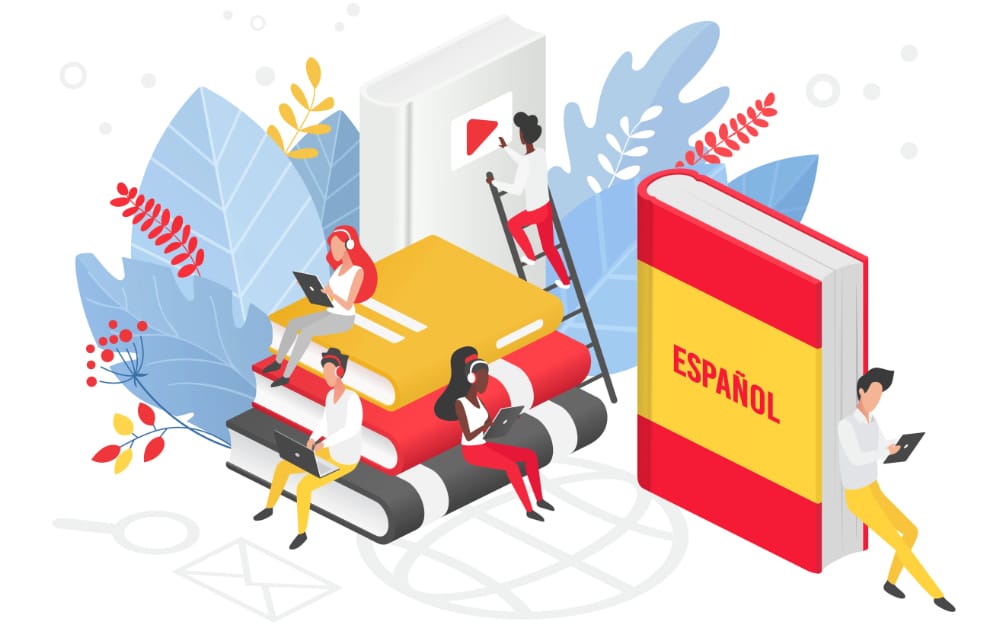
Our recommendation for memory boosting: Trivia games
Anyone can play Trivia games, and you don’t need a special location for this (although it’s more fun to play over drinks after work). One popular method is for the team to split into smaller groups that compete against each other.
A designated quiz master can ask questions, and teams score points for correct answers, with the group that gets the most points emerging as the winning team.
It goes without saying that team members with a strong memory will have the advantage in this game. However, there’s more to Trivia than showing off your big brain – the game enhances mutual learning as individuals share their unique knowledge. This could lead to more in-depth discussions and learning about diverse topics.
Secondly, these games foster cooperation, as success depends on leveraging each member’s strengths and contributions. This also highlights how each person’s knowledge and skills are invaluable to the group.
Team Building Exercises to Boost Confidence
A great way to boost the confidence of your team members is by recognizing their efforts and merits. But if you’re working with a new team, this may not be readily available.
So why not try a few confidence-boosting games that help your team members feel better about change and a new perspective?
Our recommendation: A Change of Perspective
This game requires players to change their perspective and get out of their own headspace. You can play with any team size.
In this activity, the team is initially given a problem to solve. Next, each member is asked to choose a person they admire – it can be anyone from their close friends to a celebrity or leader (regardless of their field).
Next, the participants have to imagine how their chosen person would treat and solve the given problem. While there’s no way anyone can completely understand the point of view of another person, especially someone they’ve never met, this is a great exercise to see the world through the eyes of another.
It’s also a great way to challenge your team members’ creativity. Just by disassociating from themselves, your people will be able to see the world through a new lens. And this often leads to unique and creative solutions.
Key Takeaway
A good team building exercise doesn’t need a special location or preparation. All it needs is a clear purpose and a fun application method. For instance, the techniques we recommended here are often presented as games to keep participants engaged and eager to participate.
So whether it’s Trivia or learning a new language, make sure that your presentation is on par with what you’re trying to achieve.
Irwin Michael Reston is an expert who has more than 30 years of experience in optimizing businesses, inspiring individuals and improving human resources departments. He established the BlueLight Consulting Limited to provide learning and training service worldwide.

